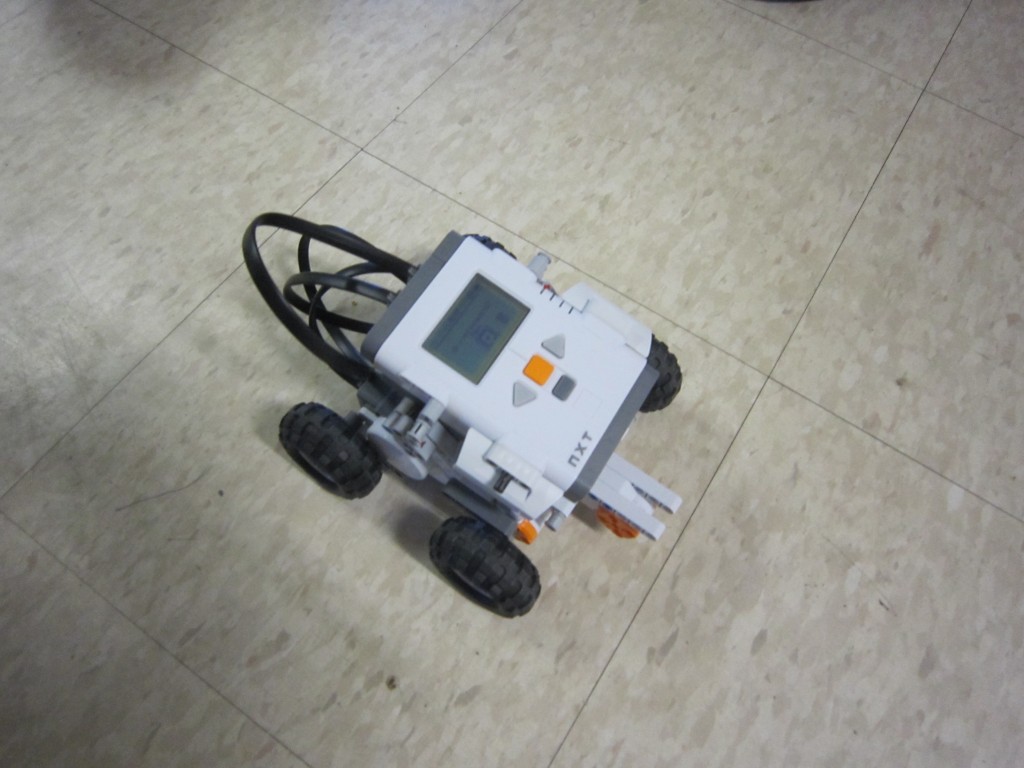From The New England Journal of Higher Education
Learning in the Clouds?
by Dan W. Butin
July 16, 2013

Engaged learning—the type that happens outside textbooks and beyond the four walls of the classroom—moves beyond right and wrong answers to grappling with the uncertainties and contradictions of a complex world.
My iPhone backs up to the “cloud.” GoogleDocs is all about “cloud computing.” And Facebook, well, forget the clouds; it’s as ubiquitous as the sky.
But learning? Really? Is learning really going to be in the clouds as well?
I’m referring, of course, to the dramatic rise in online learning. Whether it is the millions upon millions signed up for MOOCs (massive open online courses), the popularity of Khan Academy, or the fact that one in three college students has taken an online course as part of their education, online learning is everywhere.
In some respects, this is to be expected. Technology has driven just about everything to the web, from the way we shop to how we watch movies and plan our parties, there appears to be an app for it all. Education, it appears, will be next.
Brookings Institution’s Center for Technology Innovation, for example, recently profiled five key “success stories,” including MOOCs, computerized adaptive testing, and “stealth assessment.” A common thread is that such technology is based upon massively networked, data-driven, and automated systems. Students playing an “adaptive” learning game will find that it changes in difficulty according to responses, offering instantaneous feedback and helpful prompts. Research has shown that such automated real-time feedback, when linked to learning analytics grounded in “big data,” provides opportunities for mastery learning at a much faster pace than in traditional face-to-face classrooms.
Such disruption is no longer at the margins. The Bill & Melinda Gates Foundation is investing in similar technologies for community colleges, which educate almost half of the 18 million undergraduates in postsecondary education. The U.S. Department of Education recently approved Southern New Hampshire University as the first institution in the country to offer a fully online competency-based education (that is, reflecting, “can you actually do the work?” rather than seat time).
So is that our future? If it is, where does it leave traditional bricks-and-mortar institutions?
I run a research center that planned to convene more than 100 scholars and practitioners at Tufts in July to discuss this very question. There are dozens of academic programs—certificates, minors and majors—around the country that focus on community engagement. From questions of civic leadership to community-based asset mapping to theories of social change, we help students develop the habits of mind and repertoires of action to engage with our local and global communities.
So the question of online learning looms large over our programs. Yes, like a big dark cloud. Paul LeBlanc, the president of SNHU, is coming to speak to us. So are the folks from MITx. And we’re going to ask lots of questions and take lots of notes. Because deep learning, it seems to me, can’t all be done with our head in the clouds.
Don’t get me wrong. MOOCs, and online education more broadly, may be wonderful for a certain form of content delivery, one which helps students master certain kinds of knowledge. This is oftentimes referred to as transmissional knowledge, in that we simply transmit a particular body of knowledge. As the Brookings report makes clear, technology is becoming really good at that. So good, in fact, that within a decade, it will change much of how we think about and do teaching and learning.
Such technology, though, has very clear limits. Namely, the knowledge that can be learned through such systems has to be stable, singular and solvable. Put simply, there has to be a right and a wrong answer.
But to be blunt, this is not truly education. Or at least not all of it. Education, ultimately, is transformational in that it helps us grapple with the uncertainties and contradictions of a complex world, pushing us beyond our comfort zones and into moments of genuine reflection. John Dewey suggested that such true learning begins in a “moment of doubt,” what we might call an “aha moment,” of rethinking and reframing what we thought was normal.
So with that goal in mind, I want to suggest that we must keep our feet firmly on the ground at the same time that our heads are up in the clouds. Engaged learning—the type that happens outside of textbook covers and beyond the four walls of the classroom—offers a chance to make learning come alive and bridge theory and practice.
In the end, the ubiquity of the technological cloud that is blanketing higher education may indeed have a silver lining: It will help us to be clear that what we do in our classrooms and communities matters to our students, local stakeholders and the future of higher education.
Dan W. Butin is the founding dean of the School of Education at Merrimack College and the executive director of the Center for Engaged Democracy.





